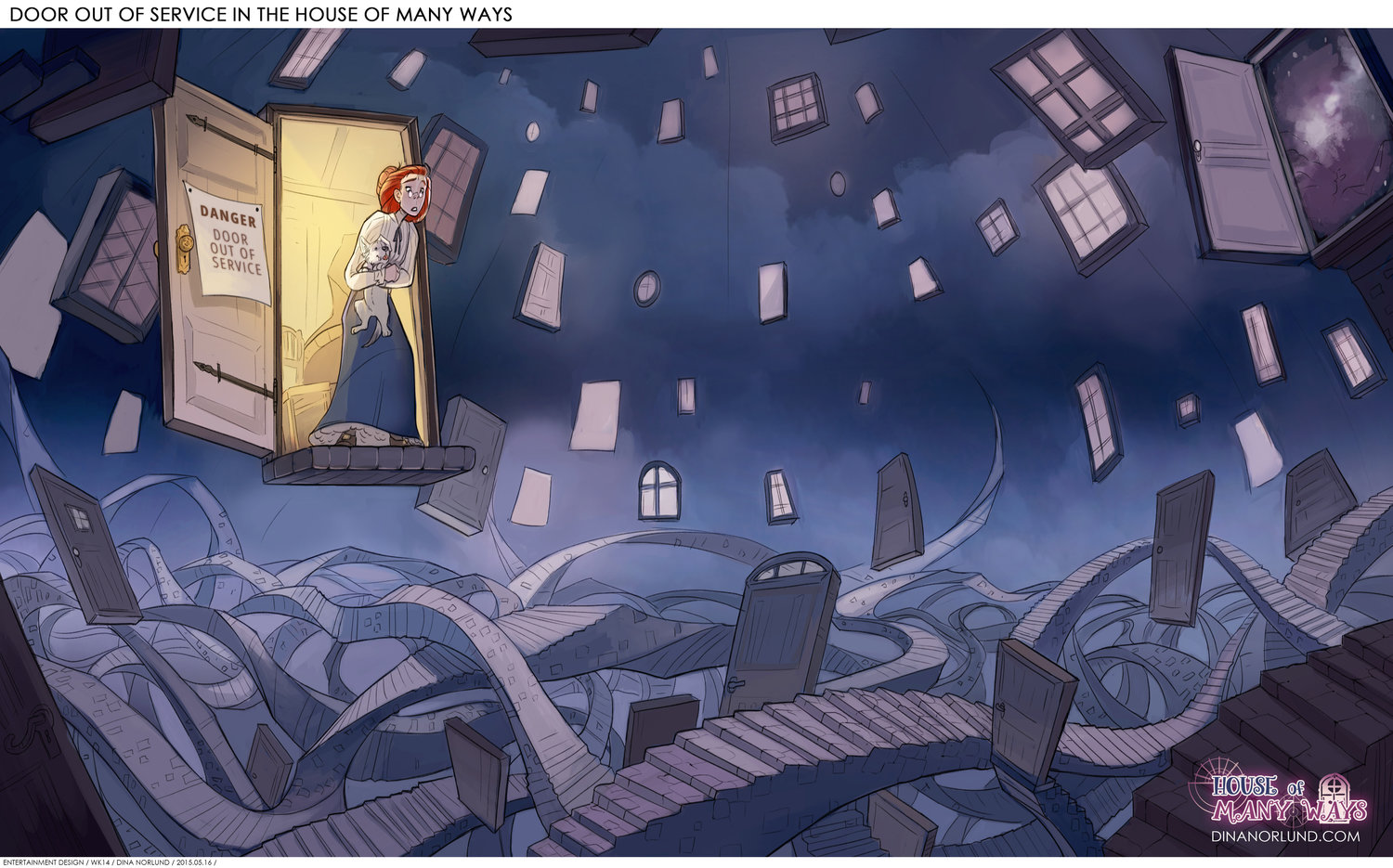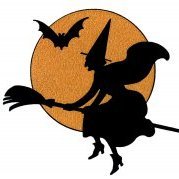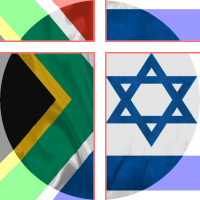-
Posts
1336 -
Joined
-
Last visited
Trutharchivist's Achievements
730
Reputation
Single Status Update
See all updates by Trutharchivist
-
So, this is another supplemental to my Jewish holidays. But, somewhat unlike the others, this one is about a day that isn't well known or remembered even among Jews: the 20th of Sivan fast, which occurs tomorrow. The reason for this fast not being well known is... well, it isn't much practiced. Apparently, some people even claim it was added only temporarily. But before I dive into why does this fast day exist, I would like to note that incidentally, this day is also the Hebrew birthday of one of my fellow Jewish Sharders - @Silva! So you may go wish her a happy birthday.
Back to the topic, though. What is the story of the 20th of Sivan? Well, it all started in 12th century France, in the city of Blois. It was between the 2nd and 3rd crusades - which themselves weren't very pleasant for Jews. Essentially, there was a Blood Libel.
A Blood Libel, in case you didn't know, was (and maybe still is) a common antisemitic accusation. The basic idea is that Jews kill Christian (or sometimes Muslim) children and drink their blood. Sounds outlandish, right? well, apparently, every medieval European would disagree with you on that, and quite a few modern ones will as well. Usually, Blood Libels occur around Pesach, and the accusation is that Jews bake the blood of Christian children into Matzahs. I find it particularly funny, because Christians technically claim to drink the blood of a Jewish person - Jesus - during mass. I think. Do correct me if I'm wrong about this.
Anyway, the Blood Libel in Blois wasn't the first recorded Blood Libel. That honour (at least when speaking of Europe) goes to the Norwich Blood Libel - an accusation mad by a monk named Thomas against the Jewish population of Norwich, about 30 years before the Blois BL. In short, a Christian child was found dead in the forest, and the Jews were accused. While the government didn't necessarily accept those accusations, there were incidents of violence against Jews following it.
So what was special about the Blood Libel of Blois? Simple. It was the first occasion where local authorities were not only involved, but actively participated. What happened, apparently, was that a Jew went to a nearby river at the same time as a Christian slave. Said slave saw him carrying something that he apparently thought was a body, and went on to tell his master. Significantly, it wasn't that someone was reported absent. It appears that the local nobleman had sizable debts to a rich Jewish widow and wanted her gone. So, based on this little evidence, the local count conducted a trial. Apparently at first he only wanted monetary gain, but then a priest came to convince him that you can't take money in exchange for a murder. So instead he imprisoned thirty of the local Jews and condemned them to death by fire. Fun, right?
Said widow, BTW, apparently was somewhat close to the count and tried convincing him to not burn the 30 Jews. So, predictably, she ended up joining them. There is a legend saying they died saying the Aleinu prayer - a prayer of proclaiming G-d's kingship, essentially. Another legend claims that two of the people in the fire had their bounds burn before dying, so they jumped out and claimed that they were tested by the fire and found righteous. They were promptly thrown back into the fire.
This burning has occured in the 20th of Sivan, so one of the greatest rabbis of the time - Rabenu Tam, as he is widely know, though his name was Rabbi Ya'aqov ben Me'ir - declared this a day of fasting, with special additions to the prayer, etc. He himself died approximately two weeks later.
The fast has been widely accepted by Ashkenazi Jews... for a time. As genararions went, it was slowly forgotten and not practiced anymore. Likely, it was because of how it was dedicated to one event that, while horrible, was somewhat commonplace coming the next couple of centuries. And so, this day remained obscure and forgotten...
Until the 17th century Ukranian uprising.
Historically, this is probably a complex story about political tension between local Orthodox Christians and invading Polish Catholics or something. I'm sure if you ask a Ukranian knowledgeable about their counrty's history they'll be able to tell you more about Bohdan Khmelnytsky and his valiant fight for independance. To me, this is largely irrelevant. What is relevant is that his Cossaks enjoyed murdering Jews on the side - likely due to the fact Jews often served as middlemen between the local noblemen and serfs. That led to some of the worst pogroms in history, called collectively "Pera'ot Taḥ V'Tat", meaning "the pogroms of '408-'409", after the Hebrew years during which they occured. I can't say I know much details, and I don't really want to check too much, so let's just say it ended with about 40,000-50,000 Jews dead through actions of any side of the conflict. So, the local Jewish authority - the Council of Four Lands - declared the 20th of Sivan a fast day again. The reason for choosing that day specifically was due to an invasion to a certain city and a massacre of the Jews there that occured during this day, but it's likely they also remembered the old, defunct fast day and built on it.
That fast wasn't built to last either. It, too, was forgotten - or, well, fell out of practice. Nowadays you will be hard pressed to find people still practicing it. Still, I view this as a good day to talk in more general terms about Antisemitism through the ages.
You see, those are just two occasions. Both incredibly horrible, with the latter being so bad some people thought it was the end-of-days war - I kid you not, G-d willing I'll get to that in my History of Judaism essays. But there were also many other events.
During the 11th century, at the time of the First Crusade, there were calls for killing the heretics across Europe - including Jews. During those events, called Gzerot Tatno in Hebrew or (apparently) the Rhineland Massacres in English, many Jews were forced to choose between conversion and death. Three of the most prominent Jewish congregations of the time - the ones in Speyer, Worms and Meinz - were almost completely destroyed. To this day, we say lamentations on that in Tish'ah b'Av, one written by the prominent Jewsih commentator Rashi who studied in some of those congregations in his youth.
During the time of the Black Plague, Jews were accused of poisoning the wells and causing the plague. Supposedly, less Jews died in it than Christians. It led to massacres of Jews across Germany, including Frankfurt Am Main (which those of you who read my blog might find familiar) and Strasburg - which is significant to me personally, since my family originated from there.
Blood Libels were, as I mentioned, not uncommon antisemitic ploys. The original story of the Golem of Prague was all about protecting Jews from it, and one occured in the Ottoman Empire as late as the 19th century, taking the involvement of rich Western Jews to stop it.
Throughout history Jews were murdered, banished and/or forced to convert by multiple forces, Christian and Muslim alike. Well, usually Christians more than Muslims, but that always depends on the era. There are, though, two misconceptions that might only exist in my head, but that I nevertheless wish to dispell: firstly, the Nazis aren't the be all, end all, inventors of antisemitism. Considering what I just wrote I think you realize how much of an understatement this is. Besides all the shows of antisemitism from medieval Christians, there was also antisemitism among Pagans in ancient times. Those ideas are way older than a national-socialist party in 20th century Germany.
Secondly, antisemitism isn't gone from our wonderfully Westen, enlightened world. It's nice to think that, but antisemitic incidents occured not only through the 20th century, but also during the 20s of the 21st century. Here. Now.
I'm not just referring to the October 7th attack, though I do consider it an incident of antisemitism. Yes, Arabs are also Semites, but the term is used for hatred to the Jewish people and that's how I'm using it. If you want, you can translate "antisemitism" to "Judophobia" or something. Anyway, the point is that besides that, there were incidents of Jews murdered for their ethnicity and religion in modern day Europe. While, admittedly, I did not double check it, I was told that there's a rise in antisemitic incidents through the last couple of months.
So, yeah, this turned from a holiday supplemental post to a somewhat political post, but I think you can see why. These are my people who suffer because of this, around the world. And even if I'm sheltered from some of it by virtue of living in Israel, I still care about what might happen to my brethren in Britain, in France, in Germany, in Sweden, in the USA and Canada. I have literal relatives in some of those countries, some more distant than others, but it's not just that. I care about my people, wherever they are.
Sadly, I don't have any advice for you on how to battle antisemitism. I, myself, can't say I did much to battle it. The most I do is note encountes I have with people who think my nation is somehow responsible for every bad thing that ever happened, or those more subtle ones who claim I'm not really Jewish because it makes them more comfortable with hating me for some reason. But I beg you to remember those two things: antisemitism isn't new, and it didn't go away. It's been something of a constant in the world for centuries now, and stopping it isn't just a matter of stopping white supremacists or Neo-Nazis. It's something deeper, and much harder.
So, for now: Thank you for reading. I hope you have a good day. Oh, and happy birthday, Silva! עד מאה ועשרים!


.thumb.png.5afeb53c24c681e1d35e3f8ba62a6319.png)










